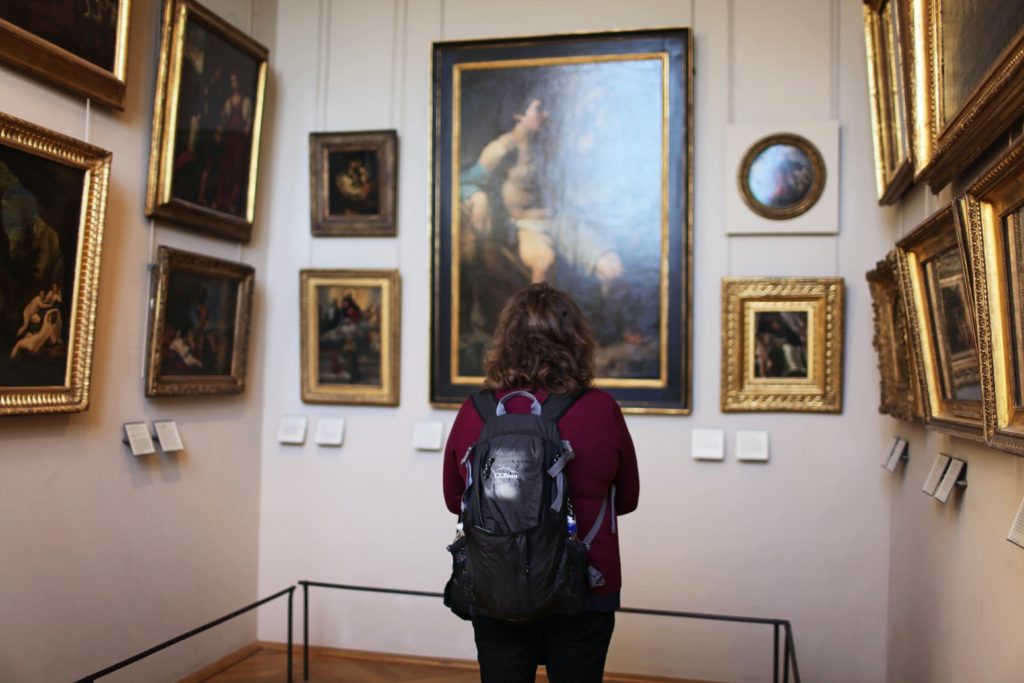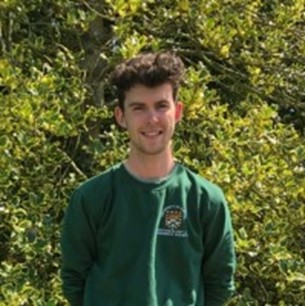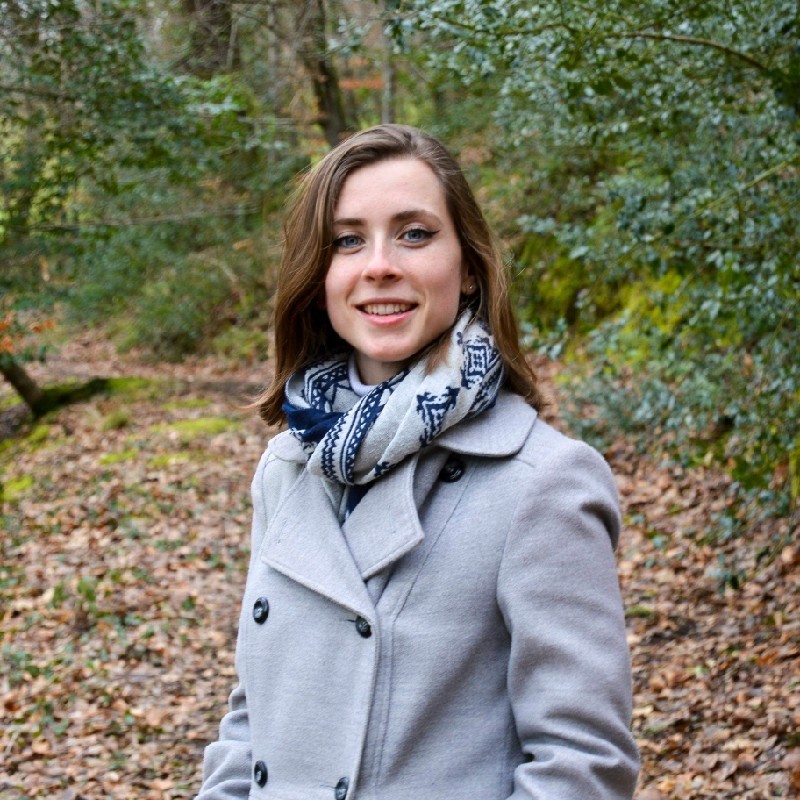
“I cannot express in words how unbelievably enriching both personally and professionally this internship has proven to be, and I would highly recommend it to anyone to apply and give it your best shot”
Name: Ellie Speechly
Degree Programme: BA Archaeology
Year of Study: 3rd Year
Pathway Programme Completed: Pathways to Arts, Culture, and Heritage
Internship Role/Job Title: Heritage Innovation Researcher
Internship Employer: University of Exeter Culture Team
Please outline the project you worked on during your Pathways internship. What achievements are you particularly proud of? How will your work be helping others?
Going into 2020, I was fortunate to have been involved with the University of Exeter’s Professional Pathways scheme, an internship programme designed to give students an authentic workplace experience, along with specialist training in a field of their choosing. I was privileged to have been offered a role at the University itself in the Culture team with the Heritage Innovation department, a team that ensures the University has an extensive pool of partnerships and collaboration networks, operating on an international scale. I gained infallible insight into the networking skills required within the heritage sector, in addition to learning how many large-scale organisations such as the National Trust operate. A fellow student and I were entrusted to assist in researching and constructing a compressive report, containing all ongoing and completed partnerships, operations of a memorandum, and projects that the Humanities department was/are undertaking, in addition to the staff involved. This will later become a digital tool for students, staff, and external parties to consult in order to better understand the vast number of projects the University has had a hand in. I was particularly proud of the sheer quantity of information my colleague and I managed to read and research; it was all so interesting and engaging that I could easily have spent days at a time reading about a single project, such as those ongoing with Powderham Castle or the fascinating upcoming project on Vivien Leigh being untaken by the Bill Douglas Cinema Museum.
How did you overcome a particular challenge during your internship, for example, challenges linked to working remotely?
As an archaeology undergrad, I was over the moon to have been accepted and was waiting with anticipation for a heritage-related placement! But much like the rest of the world, all these plans were put on hold thanks to the Covid-19 pandemic. Thanks to the efforts of the Pathways team and the wonderful collaborating organisations, remote working positions were arranged so no one missed out on gaining from this worthwhile and professionally enriching experience. Though working remotely had its setbacks, with interaction being limited to the video chatting format, with which we are all so familiar now, I couldn’t have asked for better employers or co-workers. I cannot express in words how unbelievably enriching both personally and professionally this internship has proven to be, and I would highly recommend it to anyone to apply and give it your best shot.
How has your Professional Pathways internship helped you in taking the next steps in your career, for example, have you gone on to secure another role, or has it helped you decide the sector you want to work in?
The internship proved to be great practice in contacting those within the heritage field, in addition to building relationships with those in the sector that has proven valuable as a new graduate, particularly in these difficult times! Although it wasn’t what I was expecting, my internship was a wonderful experience as it provided me with realistic skills needed in the heritage sector today, such as effective communication and research through more innovative means. I’m now fortunate enough to be involved with the SS Great Britain as a direct thanks to my wonderful employers, who have continued to support, mentor, and provide invaluable insight and advice into the world of work. Good luck and all the best in all your upcoming endeavours!










